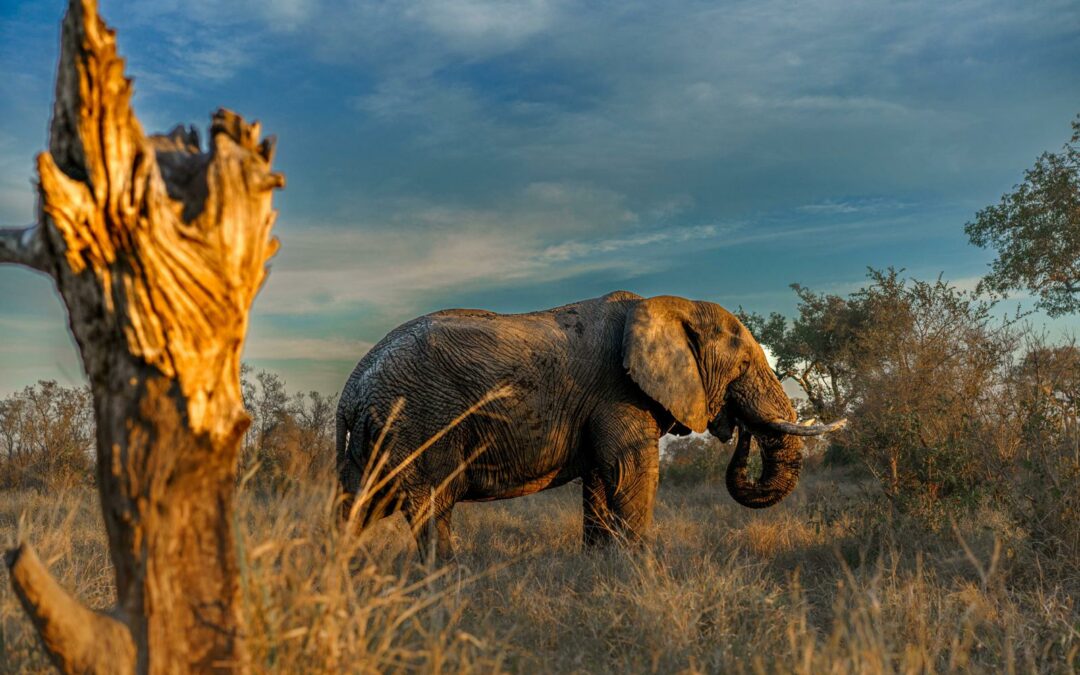An article by Ed Stoddard (https://www.dailymaverick.co.za/article/2025-03-26-ngo-ifaw-faces-group-action-suit-seeking-redress-for-victims-of-botched-malawi-elephant-relocation) says:
“The International Fund for Animal Welfare (Ifaw) faces a group action suit seeking compensation for Zambians and Malawians who have had family members killed and suffered crop and property damage from elephant incursions in the wake of an ill-conceived translocation of 263 of the pachyderms to Malawi’s Kasungu National Park in 2022. Spearheaded by UK human rights-focused law firm Leigh Day, it is the first time an animal welfare NGO has faced a group action suit, the British equivalent of a class action, which does not face as many procedural hurdles.”
Ifaw has been at the forefront of many activities that purportedly speak for the rights of animals that have no voice of their own. Elephants have been major targets for their campaigns and projects, and of course feature front and centre in getting people to donate money to Ifaw. The NGO has paid for a number of elephant translocations to prevent them from being culled, and pays for contraception programmes in several small private nature reserves. Funding was also provided for early trials on elephant contraception in the Kruger National Park.
Ifaw also sponsored (for 20 years) the work of the late Professor Rudi van Aarde from the University of Pretoria, who promoted the idea of creating corridors for elephants to move between protected areas so that culling to manage numbers would be unnecessary. This became Ifaw’s “Room to Roam’ project, another emotive cause for which significant public funds were raised.
Stoddard writes: “Billed as the biggest elephant translocation yet undertaken, it has proven to be a jumbo nightmare for the rural poor who live near the park. At least ten people around Kasungu have been killed by elephants since the transfer and an estimated $4.3-million in damage has been inflicted on crops and property by the animals, according to data compiled by Warm Heart, an NGO formed in response to the unfolding disaster. Leigh Day has ten claimants and expects to have many more opt into the group action in the coming months. Warm Heart estimates, based on its on-the-ground assessments from its network of volunteers, that more than 12,000 Zambians and Malawians have suffered losses since the translocation – a total that is rising almost daily. Small-scale farmers have faced the almost daily terror of elephant attacks since the pachyderms were moved despite the glaring fact that there is no fence on the international frontier with Zambia and along much of the Malawian side.
“On 20 December 2024, Leigh Day sent Ifaw a “Letter Before Action,” a legal notice required before formal court proceedings are initiated which lays out the intention to pursue a claim and the grounds for doing so. Ifaw UK, Ifaw Malawi and Ifaw Zambia are the defendants named.”
Animal rights NGOs like Ifaw and others believe they can come to African countries and throw around a lot of money to impose their protectionist philosophies on wildlife management in areas where communities live among wild and dangerous animals. According to Stoddard:
“Mammoth stakes are involved: an animal welfare NGO which relies heavily on donor funding from the Global North stands accused of irresponsibly moving dangerous megafauna to a park in the Global South without making provisions to ensure the safety and wellbeing of nearby communities. The saga throws an unflattering spotlight on the priorities of animal welfare and rights NGOs in Africa, fuelling perceptions that such organisations and their sponsors value animal life over human life on the world’s poorest continent. The elephants have also fared poorly, a point that undermines the animal welfare premise that supposedly drove the initiative. Warm Heart estimates that as many as 80 of the pachyderms have been shot or poisoned by people defending their crops, kith and kin, or have died from starvation and trauma.”
Dr John Ledger is a past Director of the Endangered Wildlife Trust, now a consultant, writer and teacher on the environment, energy and wildlife. He lives in Johannesburg, South Africa. John.Ledger@wol.co.za

